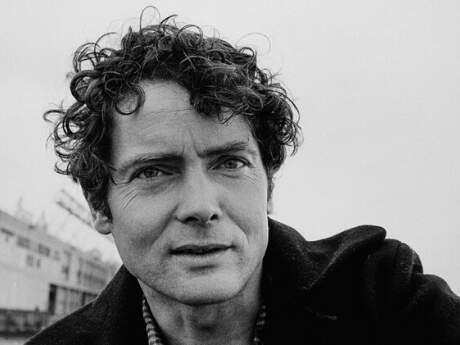First Loves
Maxine Kumin: First Loves
In grammar school when I was in the fourth or fifth grade, Miss Blomberg exhorted us to memorize work by such sterling American poets as Longfellow, Whittier, and Lowell. Gold stars were given out to those who could rise, face the class, and recite flawlessly, or nearly so, parts of "Tell me not, in mournful numbers / Life is but an empty dream" or "Blessings on thee, little man, / Barefoot boy with cheek of tan!" or, in my case, a sizable chunk of James Russell Lowell's "The Vision of Sir Launfal."
It is true that I had already learned by heart some of Robert Louis Stevenson's A Child's Garden of Verses, but these were accidental acquisitions from reading and rereading. While I enjoyed having them in my head they did not perplex and stir me as Sir Launfal did. The part I chose to declaim, at Miss Blomberg's bidding, begins: "And what is so rare as a day in June?" It is Wordsworthian in its romantic fervor, hypnotic in its exact tetrameter, and here and there, departs from its "June/tune" monosyllables to rhyme "glisten" with "listen," "chalice" with "palace." Of course I had no idea what a chalice was, but it sounded delicious. The "cowslips that fluttered in meadows green" were equally foreign to me; about thirty years later I discovered, picked, and cooked marsh marigolds, as they are known in New England.
But what gave me goosebumps was the description of the two birds, the male who "sits at his door in the sun" and the female who "feels the eggs beneath her wings / And the heart in her dumb breast flutters and sings...." The concluding couplet tapped out its rhythm so satisfyingly that I felt an unreasonable exaltation: "He sings to the wide world, and she to her nest--/ In the nice ear of Nature which songs is the best?" "The nice ear of Nature"--how I reveled in the sound of it, and in the benevolence of this sunny, attentive mother. All was right with the world.
After my triumph with this 24-line section, I went back and set about learning by rote the stanza that precedes it, the one where "The beggar is taxed for a corner to die in" and "At the devil's booth are all things sold...." The cadences were the same but the magic was missing. "We bargain for the graves we lie in" terrified me and I quickly abandoned the project. Miss Blomberg's gold stars were not the kind that are pasted in the middle of the forehead. Hers were solid cutouts, painted with a gritty gold paint. I treasured mine until the paint flecks began to fall off, revealing plain brown cardboard beneath. But nothing tarnished the sturdy four-beat lines so gratifyingly end-stopped that they thumped in my head. Nothing soothed me so well as "Then, if ever, come perfect days...."
I think we internalize the poems we have by heart and they operate by osmosis to influence the writers we become. I favor the iambic tetrameter line, instilled in me by James Russell Lowell and sharpened by my later infatuation with Auden. Mostly, though, I am grateful for those old-fashioned teachers who revered the poems of a bygone era and by exacting from us our twenty-odd lines a week gave us an inner library to draw on for the rest of our lives.
Originally published in Crossroads, Spring 1998.
More First Loves
W. S. Merwin: First Loves
One great stroke of luck for me, as I came to realize much later, was growing up hearing poetry read aloud from the Bible after breakfast—my parents reading to us, that is, before my sister or I had learned to read. The practice never developed much momentum, and it tailed off like the keeping of most journals, but it left in my ear the sound of my mother's voice (I knew my father's from church) reading psalms. The voice was the same that she used for everything but it was refracted by this remote, resonant, lingering language. I loved that more than I knew at first.
First Loves: C. K. Williams
One day in Mexico in the spring of 1963, I was chatting about poetry with my then new and now old friend, the painter Bruce McGrew. I'd been writing poetry, or trying to write poetry, or working towards one day being able to write real poetry for six or seven years. I hadn't published anything yet, and I'd experienced poetry mostly as a labor I'd assigned myself, a task I toiled at, scribbling and studying and constantly thinking, brooding, going crazy about.
Read Article
